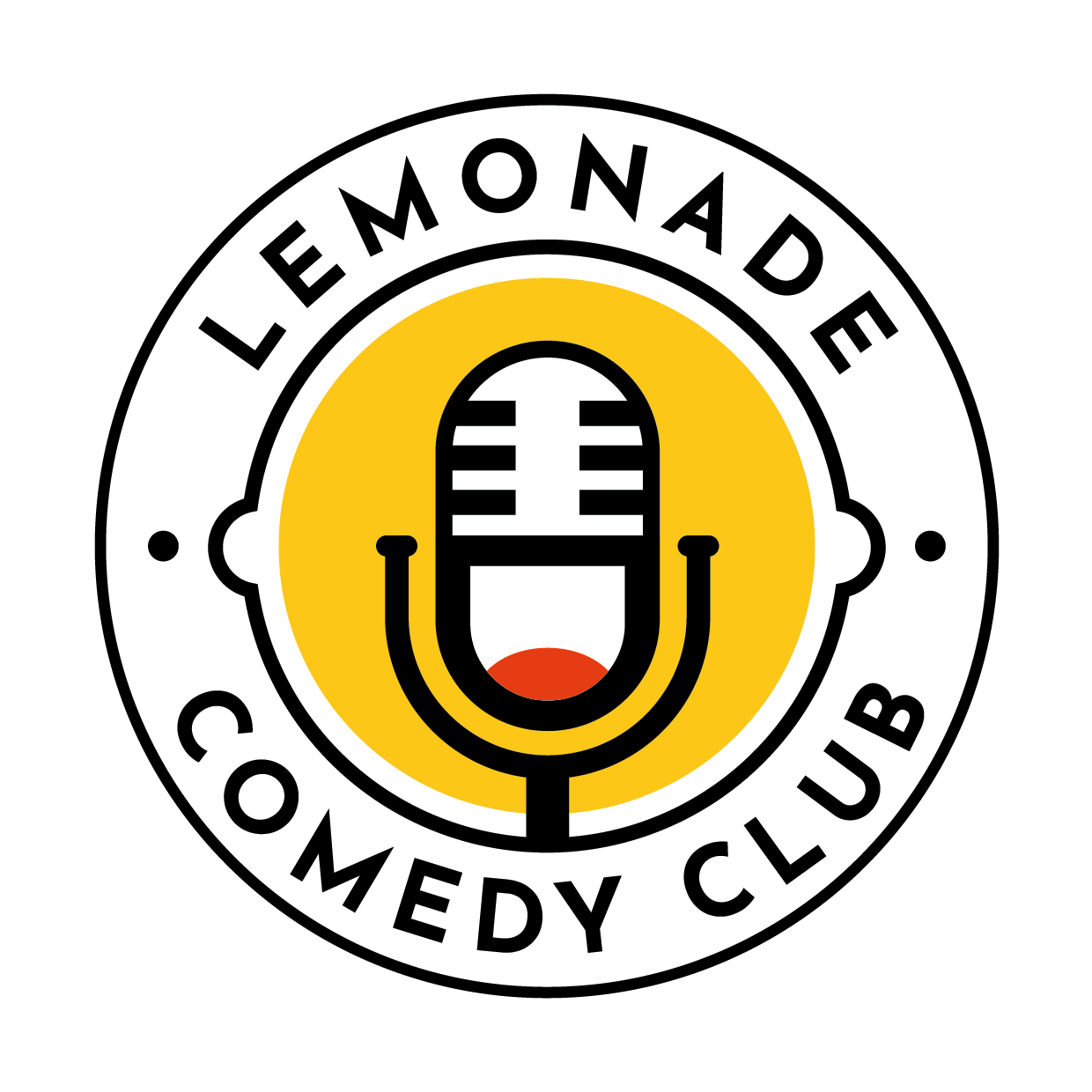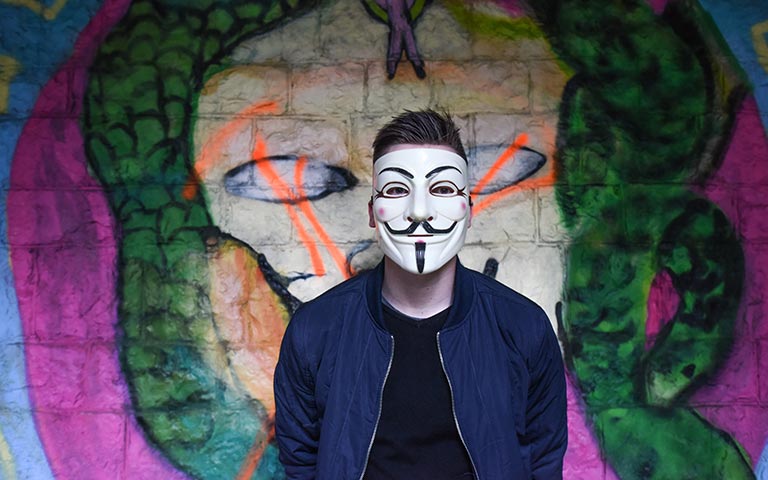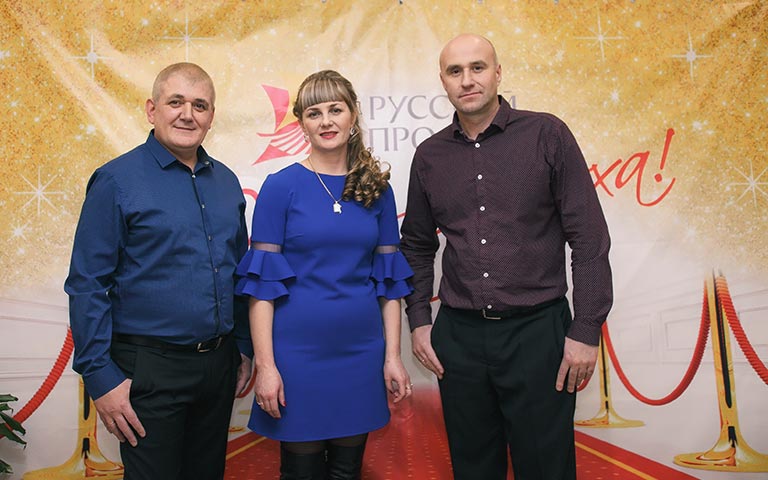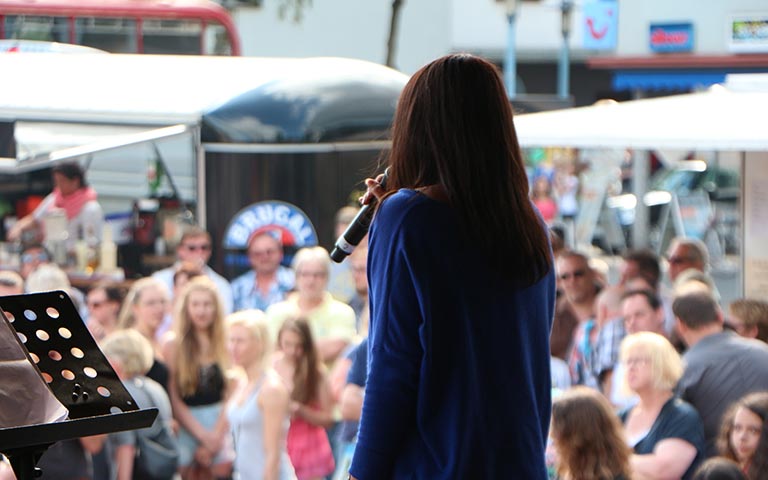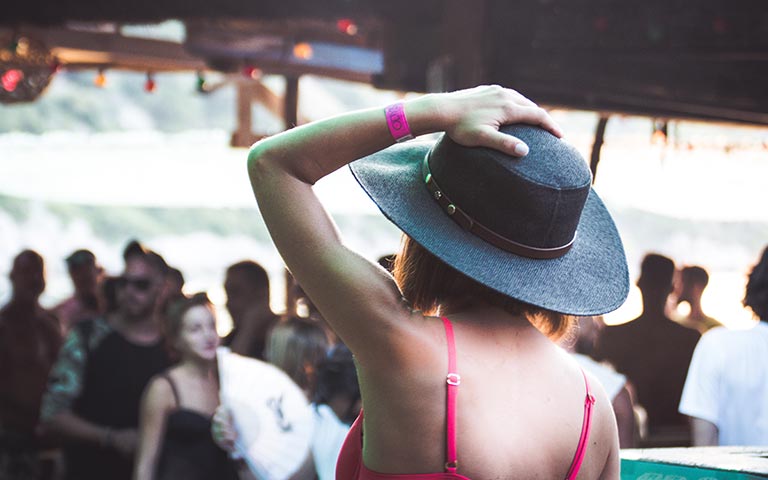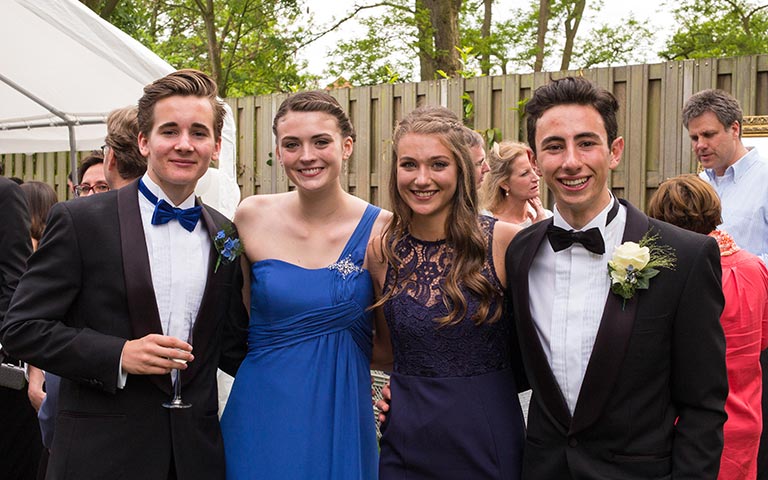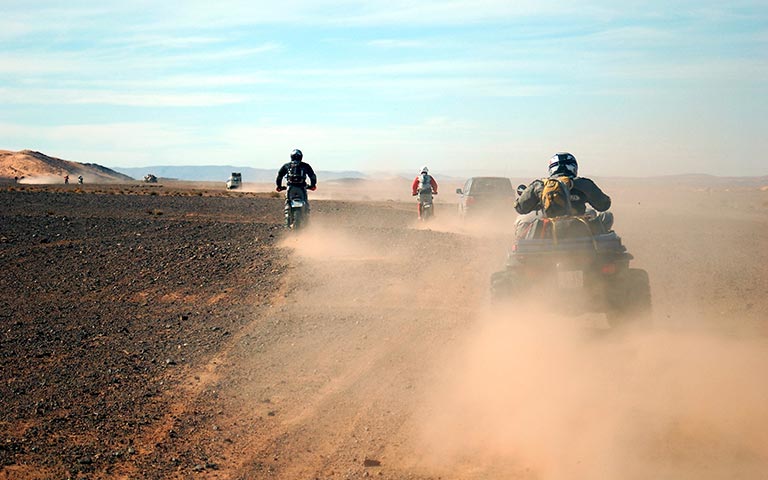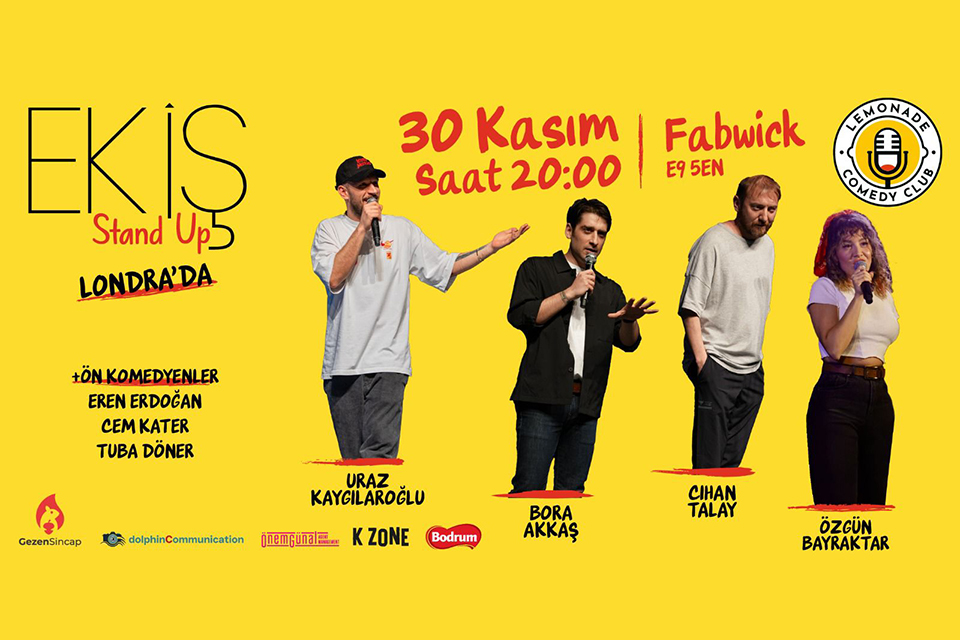Burcin Turhan – It all started when I stumbled upon the Instagram account of Lemonade Turkish Comedy Club. A voice inside me said, “Burçin, this is your place!” So, I reached out to Yunus, the brilliant mind behind Lemonade Turkish Comedy Club. The message I sent him was more of a cry for help than a request: “I want to perform too!” This simple sentence was actually the translation of a much deeper question: “What am I doing?” With a rush of adrenaline, I hit send. I’m glad I did—courage is a beautiful thing, even if you don’t know where it comes from! While it may seem like a small act from the outside, for me, it was a revolution. That moment, the voices in my head started speaking all at once. “What if you can’t do it? What if you forget your jokes? What if…?” Another voice reassured me, “Girl, haven’t you conquered so much already? Just give this a try.” I decided to listen to the second voice.
Yunus and I agreed that I would perform at an open mic. But stepping on stage wasn’t as simple as it seemed. Being a comedian, especially a female comedian, carries different connotations for everyone. Society generally expects women to be “ladylike,” not funny. But my ladylike manners last only until I step on stage—if I’m in a good mood, that is!
As the day of the performance approached, that first voice in my head reappeared. I was initially trying to come up with funny jokes, but then I started to panic, thinking, “What if no one laughs?” That itself was ironic—imagine a woman telling a joke that no one laughs at, ha! As a woman, I felt that if I made a mistake on stage, it would be seen as three times bigger. But then I thought, “Burçin, what’s better comedy material than these very fears?”
Whether you’re a man or a woman, the key rule in comedy is to laugh at yourself and stand confidently on stage, knowing that people will judge you. Aren’t we, as women, already on a stage every day? Judged by family, work, relatives, or partners? This time, stepping onto a stage under the lights just requires a bit more courage—but that’s what makes it fun.
The moment Yunus announced my name and invited me on stage, I thought of the last page in Kaan Sekban’s book, Tebrikler Kovuldunuz (Congratulations, You’re Fired). Every step I took toward the stage was for a feeling or for someone. The first step was for every moment I didn’t believe in myself; the second was to prove that I could do whatever I wanted; the third was for my sister Burcu, who always supports me and wants me to be myself. And there I was, on stage. Despite years of acting at Müjdat Gezen Theatre, this felt like my first time on stage. That’s when I realized there was a world of difference between those stages—there, I was in character, but here I was naked, just Burçin. With my shyness, excitement, panic attacks, and standing before the audience, blinded by that white light. I had set myself up to do something I’d never experienced before, without even rehearsing.
Thankfully, the lights didn’t go out, and everyone didn’t just go home—just kidding! My first line was, “Hi, I’m Burçin Turhan.” After that, I don’t remember much. As I kept talking, I heard a couple of chuckles—aha, I thought. As I heard more, I got more into it, and there it was, like a newborn baby smiling at me: the first big laugh.
When my performance ended, I stepped off the stage, and inside, I said, “I did it!” Despite all the prejudices female comedians face, standing tall on stage and making the audience laugh is a great feeling! My first experience at Lemonade Turkish Comedy Club wasn’t just a performance; it reminded me of how valuable it is to be a woman on stage, to do comedy, and to be yourself. I forgot more jokes than I told on that stage, but instead of trying to hide it, I shared it with the audience by saying, “Well, I just forgot what I was going to say!”
Performing at Lemonade Turkish Comedy Club was one of the most terrifying yet rewarding experiences of my life. As a female comedian, breaking away from the roles society expects and finding my path on stage is an amazing feeling. Remember, women aren’t just graceful; they can also be incredibly funny. And if it takes stepping on a stage to prove that, we’ll do it—we are doing it—because the stage is our place too!
Of course, this journey doesn’t end on stage. Stand-up is an art form that requires continuous growth and learning. My first time on stage was just the beginning of this long journey. Every new stage experience taught me patience and perseverance. Things may not be perfect overnight. You might not deliver the performance you wanted in your first few attempts. But what’s important is not to give up on the process and to keep working on improving every time. Stand-up, like life, is a journey with ups and downs. But what matters is to add something to yourself with every step and to learn from each experience.
In the end, taking this first step into the world of stand-up refreshed my self-confidence, helped me face my fears, and opened a door for me to be more courageous in every area of life. The existence of Lemonade Turkish Comedy Club and people like Yunus makes this journey even more meaningful. Without their support and guidance, taking this step would have been much harder for me. For instance, after one performance, when I forgot my joke on stage, I went to Yunus and, like a little child, complained to him about myself. He said just one word: “Time.” And he was right. Just like in anything else, I was looking for reasons to criticize myself instead of having fun. Yunus’ single word took me from the scorching sands to the cool seas. Wow 😊 Lemonade Turkish Comedy Club and Yunus, I’m so glad you exist.
You know what the most fun part is? Our pre-show chats and the comedy green room. Everyone there shares the same worries, excitement, and joy. If someone is more experienced, they encourage the newcomers by saying, “Don’t worry, you’ll do great, we’re here to have fun.” Someone else is practicing the joke they’re going to tell on stage. Everyone finds a way to calm their nerves, and they do.
If you feel any excitement inside you for something, the only thing you need to do is take a step to turn that excitement into courage. Don’t be afraid to face your fears, because behind those fears might be the greatest successes of your life. That first day I stepped onto the stand-up stage was one of the most courageous steps I’ve ever taken, and the lessons I learned that day continue to guide me in all areas of life. As you start writing your own story, remember this: courage begins with overcoming your fears.
